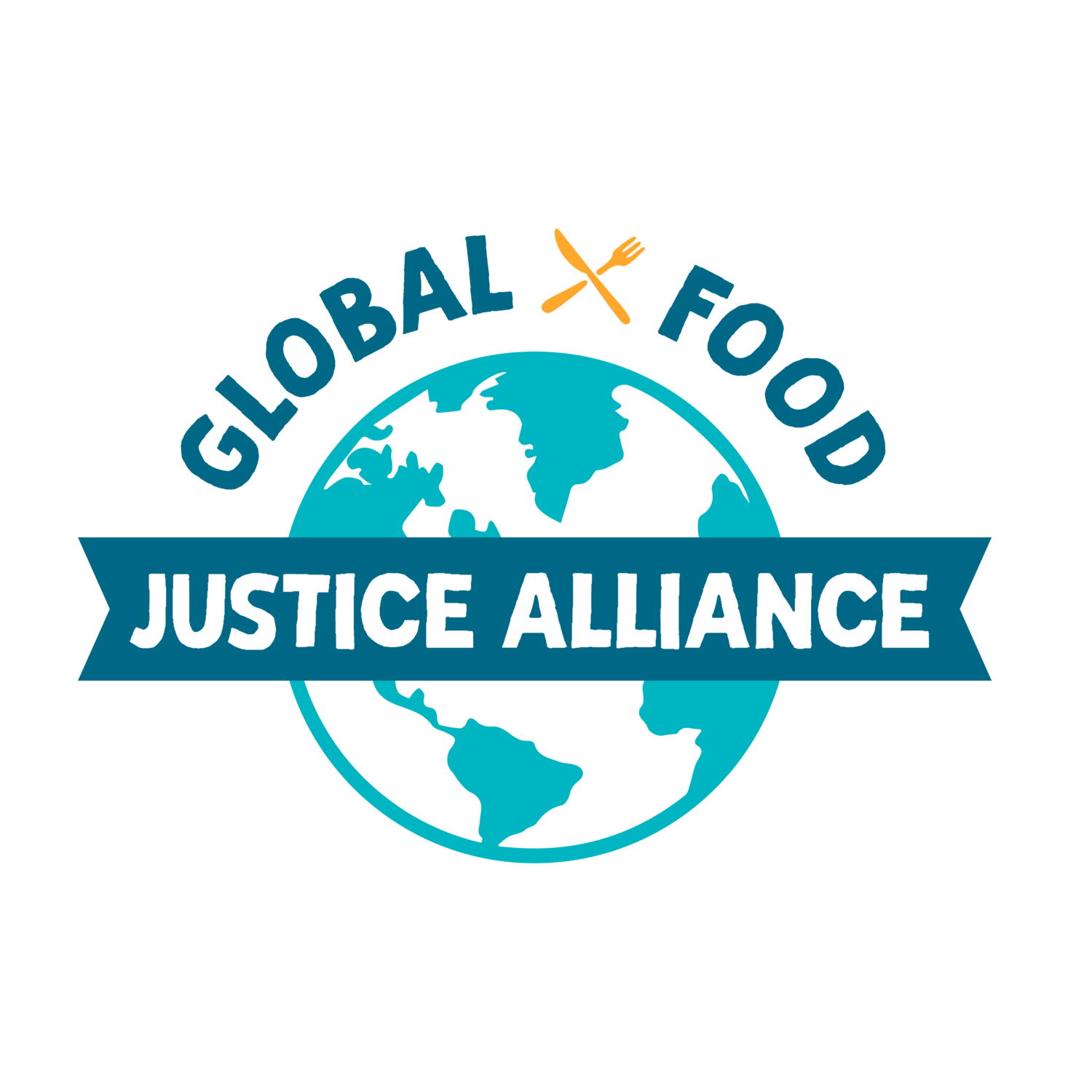Become a member today
Join Us…
The Global Food Justice Alliance advocates for the right of all people to choose nutrient-dense foods such as meat, milk, and eggs, which are critical for nutritious, environmentally sustainable, and equitable food systems that can sustain both human life and the planet.
The Global Food Justice Alliance Meat-to-School Program aims to bring quality, nutrient-packed animal foods, including local, regeneratively produced red meat to school lunch programs
The Meatless Monday campaign is most prominent in school systems, meaning children who often get their most nutritious meal at school are being denied access to the foods that they need for proper growth and development.
-

Who we are
We are a group of concerned health professionals, academics, food producers and citizens who are advocates for Food Sovereignty, which is the right of peoples to healthy and culturally appropriate food produced through ecologically sound and sustainable methods, and their right to define their own food and agriculture systems.
-

What we do
We advocate for nutrient-dense diets that support a healthy population and ecosystem. We fight against dietary elitism, racism, and sexism. We call out corporate collusion influencing our dietary policies. We educate students and others on the importance of animal foods in a balanced human diet. We stand for global food justice.
-

Why this Matters
There is growing concern among many citizens, scientists, academics, and food producers who share a belief that we need to preserve a true range of food options to reflect the diversity of our cultures, races, traditions, and our degree of metabolic health. Maintaining diversity and choice are at the foundation of any healthy democracy, and health itself is a human right.














